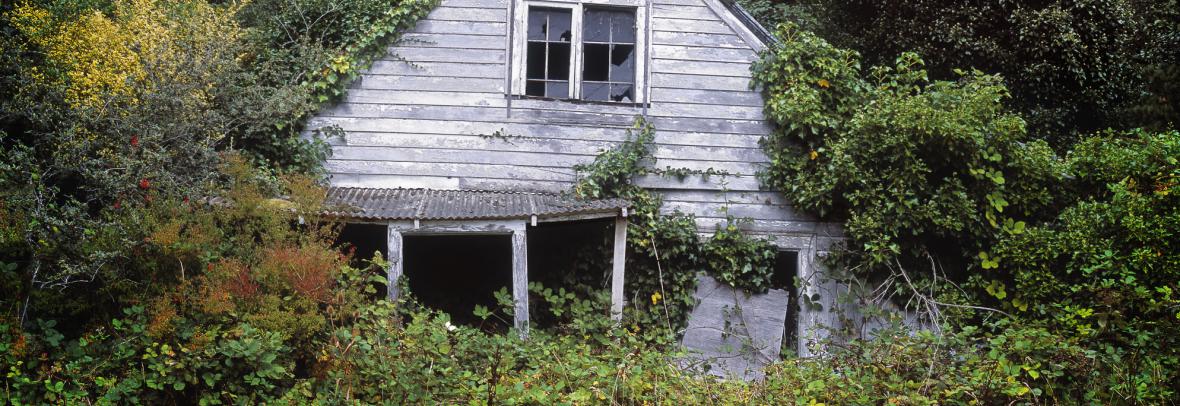
Vacancies, deterioration, racism and discrimination are tied together, says NAR partner. Its six-part webinar series will explore the problem and discuss solutions.
WASHINGTON – The National Association of Realtors® (NAR) kicked off a six-part webinar series highlighting revitalization efforts in communities impacted by high numbers of vacant, abandoned and deteriorated – or VAD – properties. The opening session, Systemic Vacancy: Community Costs and a Pathway Forward, can now be viewed online.
The first session outlines how historical land ownership policies exacerbated the problem in America’s neighborhoods, a problem made worse by COVID-19, which did more damage to urban and low-income communities. As a result, NAR says it intensified its focus on developing new, strategic approaches to revitalization in places where VAD properties remain prevalent.
“Collaboration is a key part of addressing widespread vacancy and our country’s complicated past of racism and discrimination,” says Dr. Akilah Watkins, CEO and president at the Center for Community Progress, which partnered with NAR to make the webinar series. “Our success hinges on our ability to work together from community to national stages. We are thankful to the National Association of Realtors for both realizing the need for, and committing to, the conversations that are a part of [this] series. When we partner, communities benefit.”
NAR says that the six-part series, Policy, Practice, Process: Transforming Neighborhoods through Equitable Revitalization, will equip Realtors® to collaborate with policymakers to address VAD property issues in their communities. Each session will include actionable items for Realtors and their local government partners to consider.
“Remediation allows us to emphasize that a better future begins with safe, stable communities where properties retain their value and help families build long-term, generational wealth,” says NAR President Charlie Oppler.
The next five installments of the webinar series will focus on using data to identify opportunities, engaging communities to develop equitable solutions, code enforcement strategies, land banks, and how to take a collaborative approach to building more equitable communities. The sessions will be held on April 20, May 18, June 15, Aug. 17, and Sept. 21.
© 2021 Florida Realtors®
Go to Source
Author: kerrys



